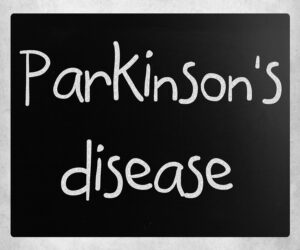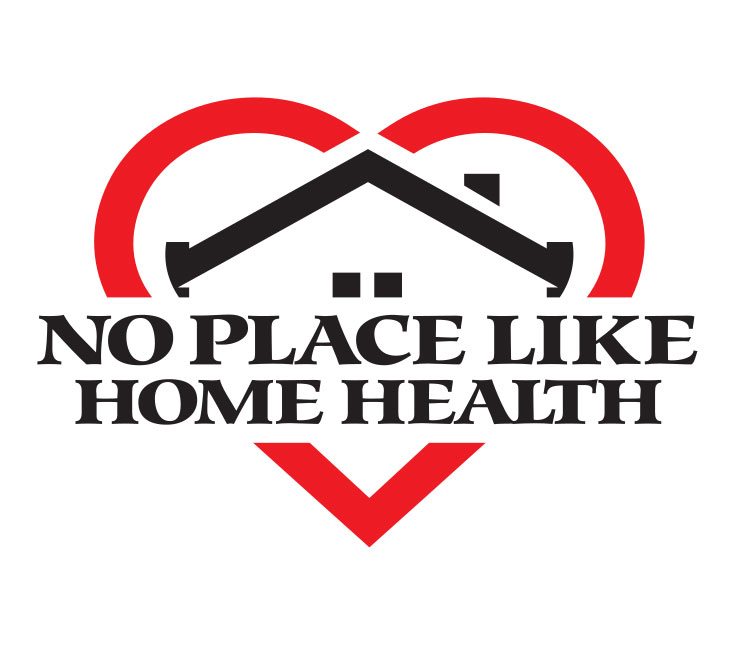What Are the TRAP Symptoms with Parkinson’s Disease?
In some cases, Parkinson’s disease can cause a decrease in cognition, as well as physical declines. This can include issues with thinking and memory. If this is happening with your elderly loved one, they will likely be diagnosed with PDD or Parkinson’s Disease Dementia. It is important that you are able to better understand the TRAP symptoms of this disease. The more you can understand about it, the better you can support and help your elderly loved one.
T for Tremor

Senior Care Livonia, MI: TRAP Symptoms with Parkinson’s Disease
One of the most common symptoms of Parkinson’s disease is the tremor. You might notice that this starts in your elderly loved one’s fingers or hands. Usually, this is called the resting tremor. It is called this because the family caregivers and senior care providers notice it happening when the elderly person is at rest. For instance, you might notice it when your elderly loved one is sitting there watching television or when they are talking to you.
R for Rigidity
The next symptom that you need to know about is rigidity. This symptom is very common even in the earlier stages of this disease. You and senior care providers might notice that your elderly loved one is more rigid. They might have trouble moving their legs and arms. It might take them a while to move because of their rigid limbs. As the rigidity gets worse, your loved one might need more help from you and their senior care providers to move.
A for Akinesia
Another symptom that you might notice is akinesia. This means that your elderly loved one is moving very slowly. For example, you might notice that when your elderly loved one reaches out to hug you, their arms are moving very slowly toward you.
P for Postural Instability
With Parkinson’s disease, you are also going to notice that your elderly loved one has difficulties with their posture. They might not be able to stay in the same posture as they are used to. For instance, your elderly loved one might be hunched forward or backward. This varies depending on how the disease is affecting them. This can be very painful for your elderly loved one.
Conclusion
These are the typical symptoms of Parkinson’s disease that you need to know about. Don’t forget that your elderly loved one might also have memory or thinking issues, as well. If you are having trouble caring for your elderly loved one, don’t be afraid to get more help from the senior care providers.
If you or an aging loved-one is considering Senior Care in Livonia, MI please contact the caring staff at No Place Like Home Health, LLC today. 734-259-4200
Sources
- How Does Physical Therapy Help Seniors with Arthritis? - March 21, 2025
- In-Home Care Can Help Your Senior Parent Get Around Safely - March 6, 2025
- Comprehensive Care Plans for Seniors Aging in Place - February 17, 2025
